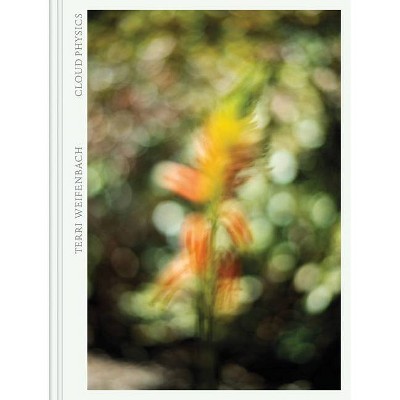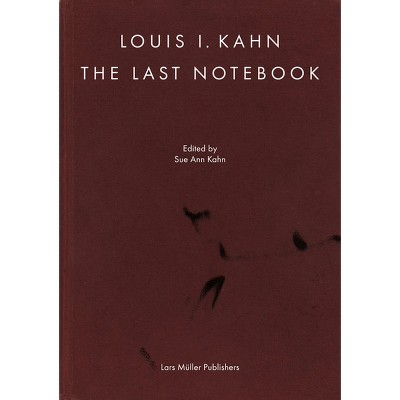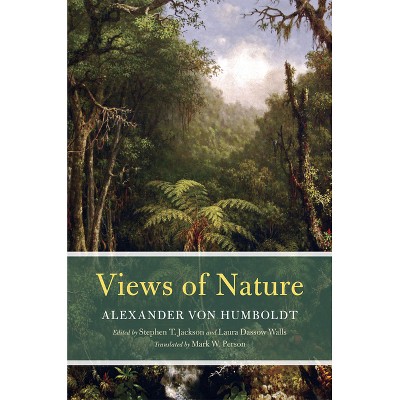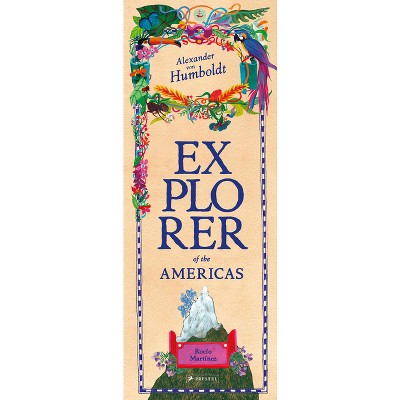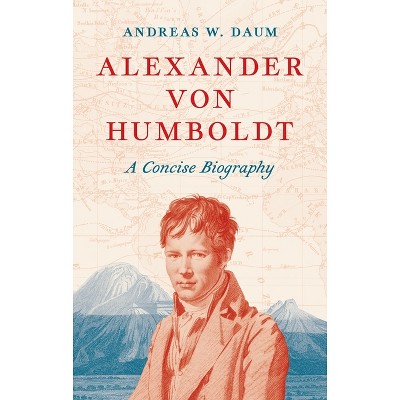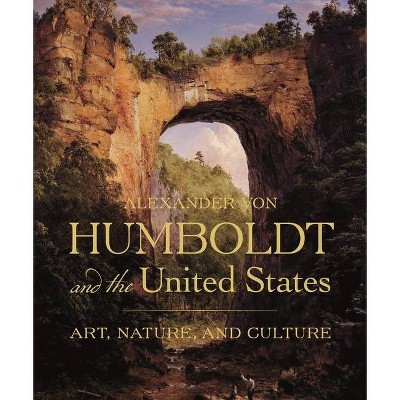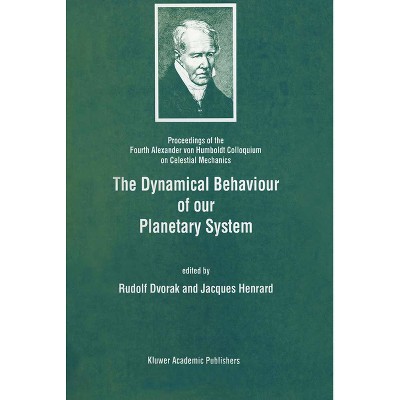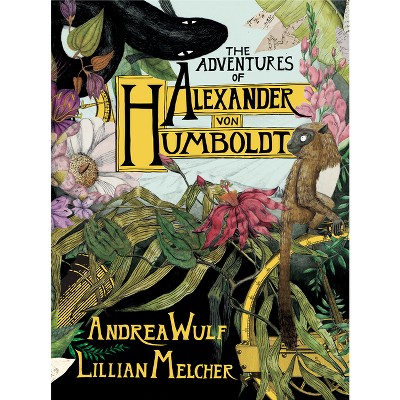Sponsored

Personal Narrative of a Journey to the Equinoctial Regions of the New Continent - (Penguin Classics) Abridged by Alexander Von Humboldt (Paperback)
$19.00
In Stock
Eligible for registries and wish lists
Sponsored
About this item
Highlights
- One of the greatest nineteenth-century scientist-explorers, Alexander von Humboldt traversed the tropical Spanish Americas between 1799 and 1804.
- About the Author: Alexander von Humboldt was born on the family estate at Tegel in Berlin in 1769.
- 400 Pages
- Travel, Essays & Travelogues
- Series Name: Penguin Classics
Description
Book Synopsis
One of the greatest nineteenth-century scientist-explorers, Alexander von Humboldt traversed the tropical Spanish Americas between 1799 and 1804. By the time of his death in 1859, he had won international fame for his scientific discoveries, his observations of Native American peoples and his detailed descriptions of the flora and fauna of the 'new continent'. The first to draw and speculate on Aztec art, to observe reverse polarity in magnetism and to discover why America is called America, his writings profoundly influenced the course of Victorian culture, causing Darwin to reflect: 'He alone gives any notion of the feelings which are raised in the mind on first entering the Tropics.' For more than seventy years, Penguin has been the leading publisher of classic literature in the English-speaking world. With more than 1,700 titles, Penguin Classics represents a global bookshelf of the best works throughout history and across genres and disciplines. Readers trust the series to provide authoritative texts enhanced by introductions and notes by distinguished scholars and contemporary authors, as well as up-to-date translations by award-winning translators.From the Back Cover
Alexander von Humboldt became a wholly new kind of nineteenth-century hero - the scientist-explorer - and in Personal Narrative he invented a new literary genre, the travelogue. Between 1799 and 1804 he explored the tropical Spanish Americas, by his death in 1859 he had won international fame. He was the first European to discuss, draw and speculate on Aztec art, the first to observe reverse polarity in magnetism, the first to propagate the notion of seismic waves, the first to discover why America is called America. A true Romantic, an admirer of Rousseau and close friend of Goethe, Humboldt was a passionate observer, never a colonial despoiler, and his writings made a profound impact upon the course of Victorian science. This volume contains a fascinating selection from Humboldt's original 1,997 pages of Personal Narrative, in the first English translation to appear since 1851.About the Author
Alexander von Humboldt was born on the family estate at Tegel in Berlin in 1769. With his elder brother Wilhelm he was educated by tutors and then at Frankfurt, Göttingen and Hamburg Universities where he studied botany, literature, archaeology, electricity, mineralogy and the natural sciences. In 1790 he traveled abroad and published his first works in botanical and chemical journals. While at Jena he befriended Goethe. He worked in the Prussian Mining Administration until his mother died in 1796. A large inheritance enabled Humboldt to travel; after a few frustrations he was allowed by Charles IV of Spain to travel in the Spanish American colonies at his own expense, with his companion Aimé Bonpland. After five years in the New World (1799-1804) Humboldt settled in Paris to begin publishing his encyclopaedic Relation historique du voyage aux regions équinoxiales du nouveau continent, finally completed in thirty volumes in 1834, where the Personal Narrative comprised volumes 28 to 30. Humboldt was not only a prominent figure in the Parisian scientific world but also Chamberlain to Friedrich Wilhelm III, and Councilor of State to Friedrich Wilhelm IV. In 1829 he traveled to Russia and Central Asia and published his account in French in 1843. In 1834 he began his comprehensive survey of creation, Kosmos, completed posthumously in 1862. He died in 1859, a bachelor, and was buried in the family vault at Tegel, honored as one of the great speculative scientific travelers of the nineteenth century. Jason Wilson was born in Mauritius in 1944, Was a lecturer at Kings College, London, and is currently Reader in Latin American Literature at University College, London. He has published Octavio Paz: A Study of his Poetics (1979), Octavio Paz (1986), An A-Z of Latin American Literature in English Translation (1989), the Traveler's Literary Companion to South and Central America (1993) and essays on W.H. Hudson, Charles Darwin, Julio Cortázar and Latin American poetry.Dimensions (Overall): 7.9 Inches (H) x 5.12 Inches (W) x .98 Inches (D)
Weight: .68 Pounds
Suggested Age: 22 Years and Up
Number of Pages: 400
Genre: Travel
Sub-Genre: Essays & Travelogues
Series Title: Penguin Classics
Publisher: Penguin Classics
Format: Paperback
Author: Alexander Von Humboldt
Language: French
Street Date: May 1, 1996
TCIN: 1006600433
UPC: 9780140445534
Item Number (DPCI): 247-03-1856
Origin: Made in the USA or Imported
If the item details aren’t accurate or complete, we want to know about it.
Shipping details
Estimated ship dimensions: 0.98 inches length x 5.12 inches width x 7.9 inches height
Estimated ship weight: 0.68 pounds
We regret that this item cannot be shipped to PO Boxes.
This item cannot be shipped to the following locations: American Samoa (see also separate entry under AS), Guam (see also separate entry under GU), Northern Mariana Islands, Puerto Rico (see also separate entry under PR), United States Minor Outlying Islands, Virgin Islands, U.S., APO/FPO
Return details
This item can be returned to any Target store or Target.com.
This item must be returned within 90 days of the date it was purchased in store, shipped, delivered by a Shipt shopper, or made ready for pickup.
See the return policy for complete information.
Trending Non-Fiction

$4.59
MSRP $7.99
Save $5 when you spend $20 on select books
4.8 out of 5 stars with 123 ratings

$6.20
MSRP $10.95
Save $5 when you spend $20 on select books
4.8 out of 5 stars with 33 ratings

$7.09
MSRP $9.99
Save $5 when you spend $20 on select books
4.9 out of 5 stars with 46 ratings

